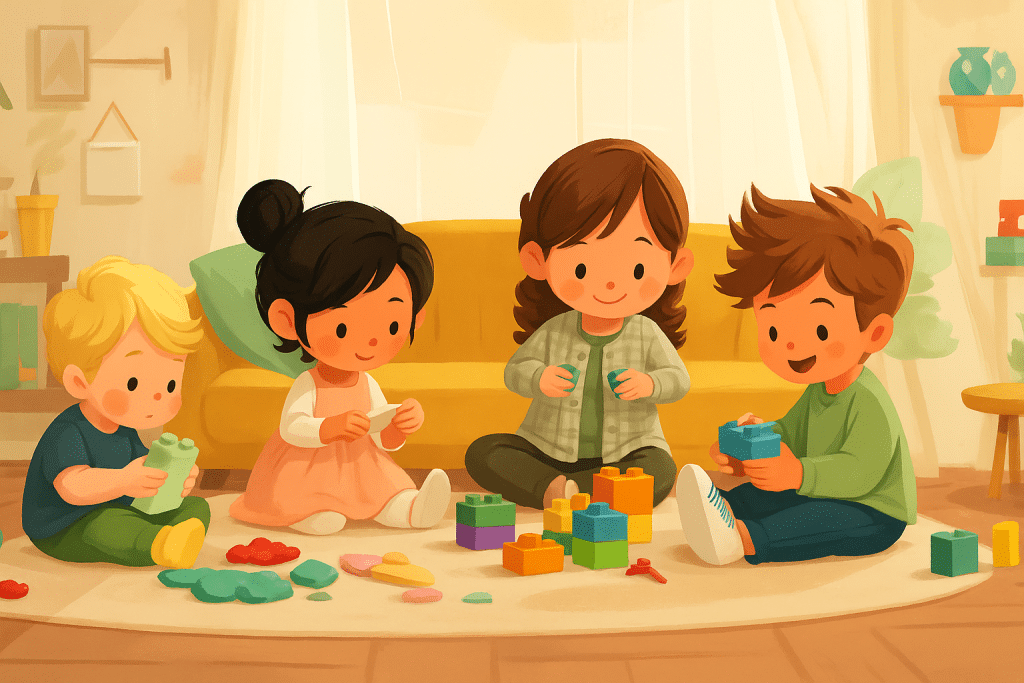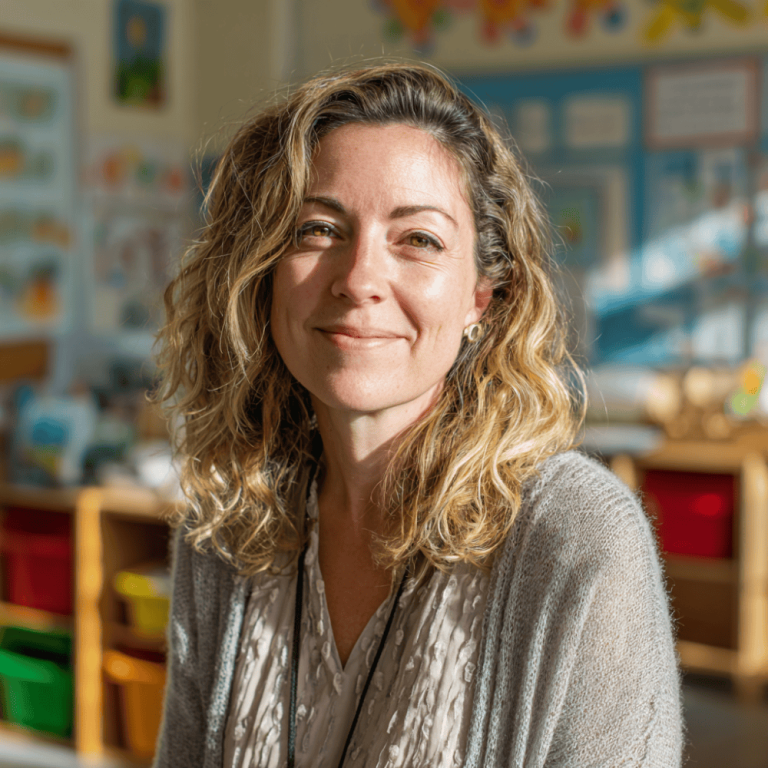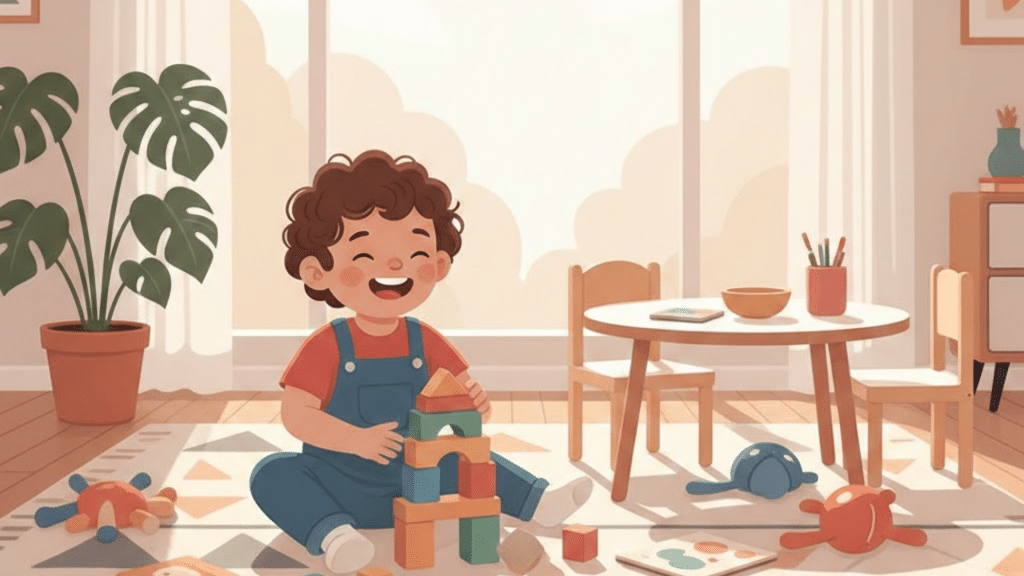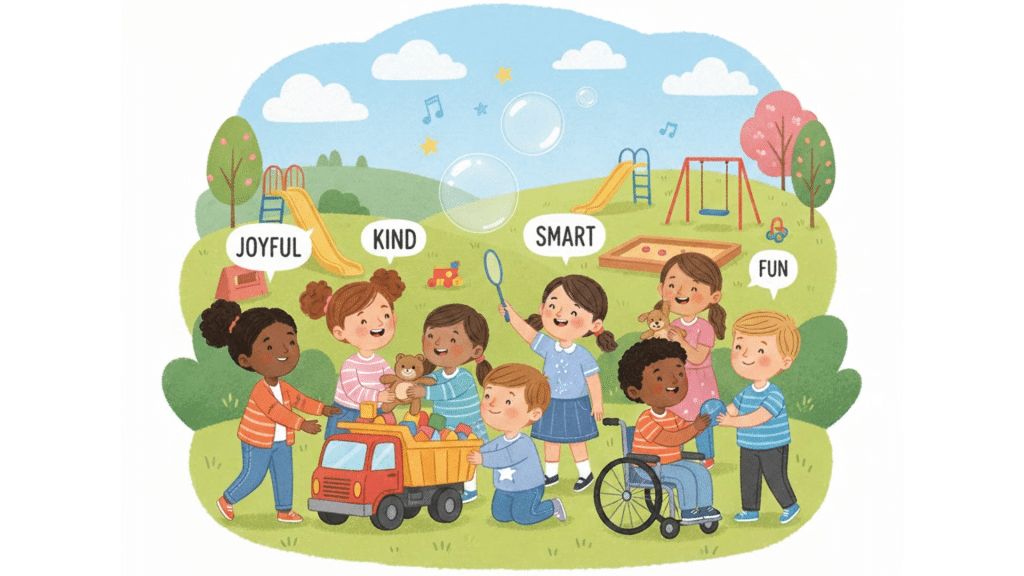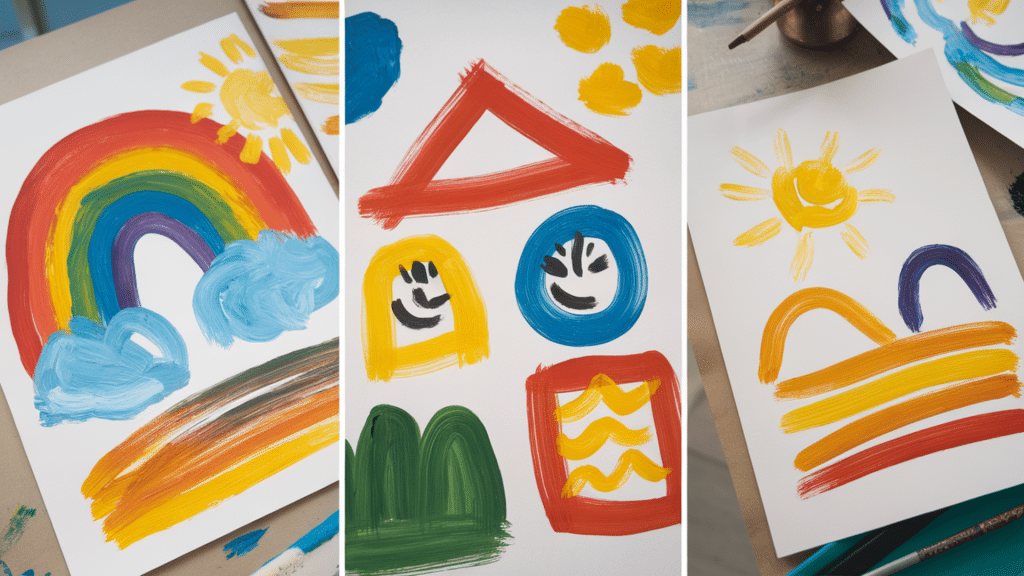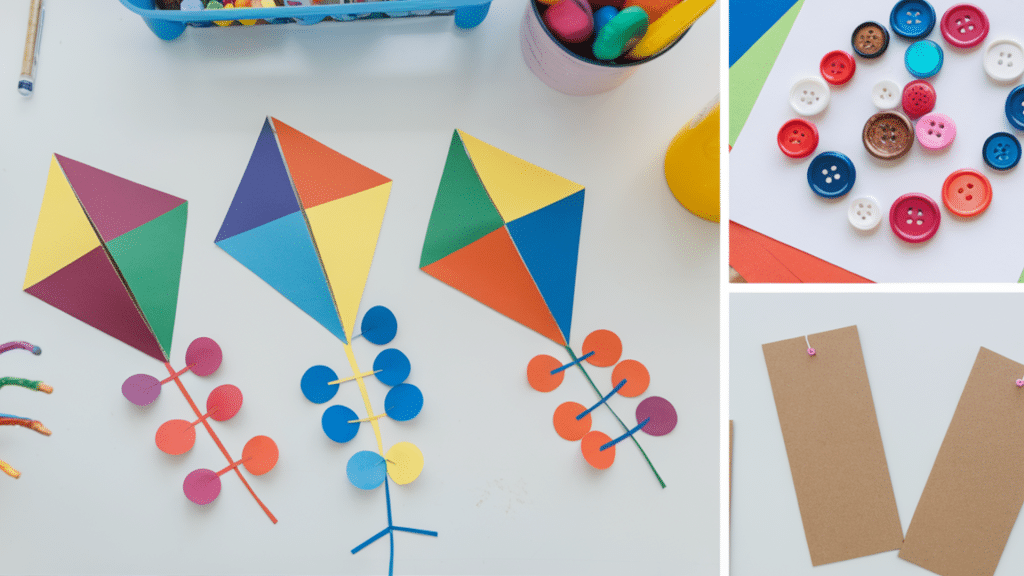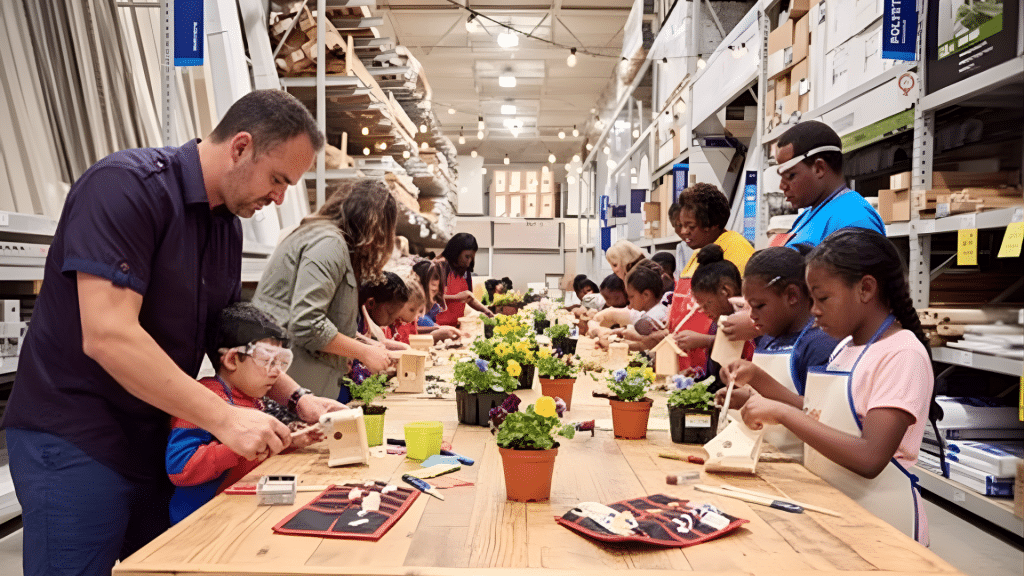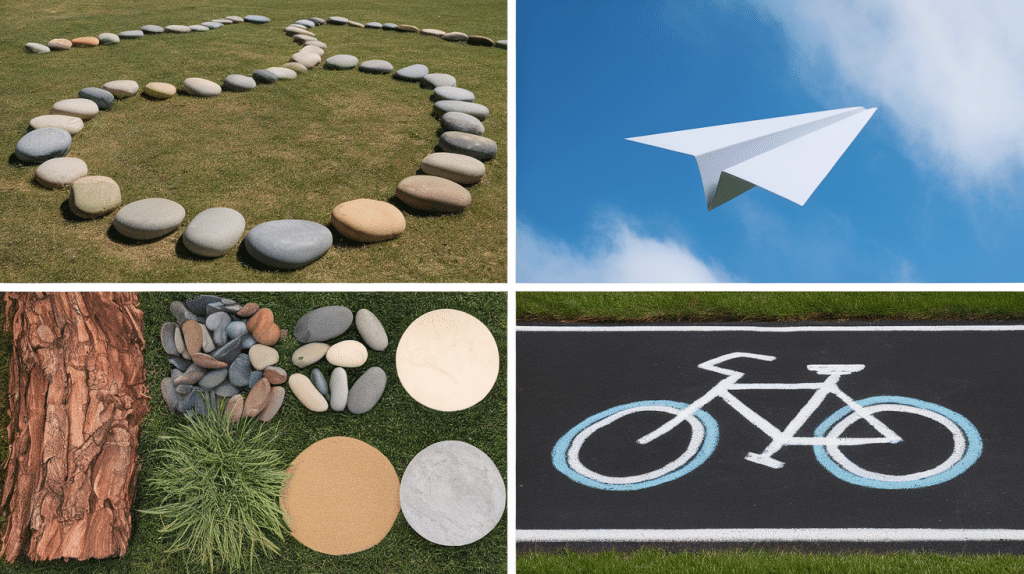Social skills help children connect with the world. They guide how kids make friends, work with others, and manage emotions in daily life.
A child with strong social skills is more confident, works well in teams, and handles conflicts in healthy ways. Without them, kids may struggle in school, on the playground, and at home.
These skills are as important as academics because they prepare children for success in every part of life.
In this guide, I’ll explain why these skills matter, how they develop with age, and practical ways to teach them. You’ll also find activities, classroom strategies, and resources you can use right away.
Let’s start by understanding what they are and why they matter.
What are Social Skills?
Social skills are the ways kids connect, communicate, and build relationships with others. These include listening, taking turns, sharing, and expressing feelings.
Simple actions like saying “thank you,” asking a question, or waiting patiently are examples. Social skills are not the same as emotional skills.
Social skills focus on how children interact with others, while emotional skills focus on how they understand and manage their own feelings. Together, they help kids show respect, form friendships, and work well in different settings.
Why Kids Need Social Skills
Social skills are essential for helping children connect, feel accepted, and succeed in daily life. With strong skills, kids can:
- Build lasting friendships
- Gain confidence in conversations
- Work well in teams and group projects
- Solve conflicts calmly and respectfully
In school, social skills support listening, sharing, and cooperation during group activities. On the playground, they help children join games, manage disagreements, and include others.
These skills also strengthen mental health by lowering stress, building self-esteem, and fostering belonging. Learning them early benefits children through their teenage years and adulthood.
Core Social Skills Kids Should Learn
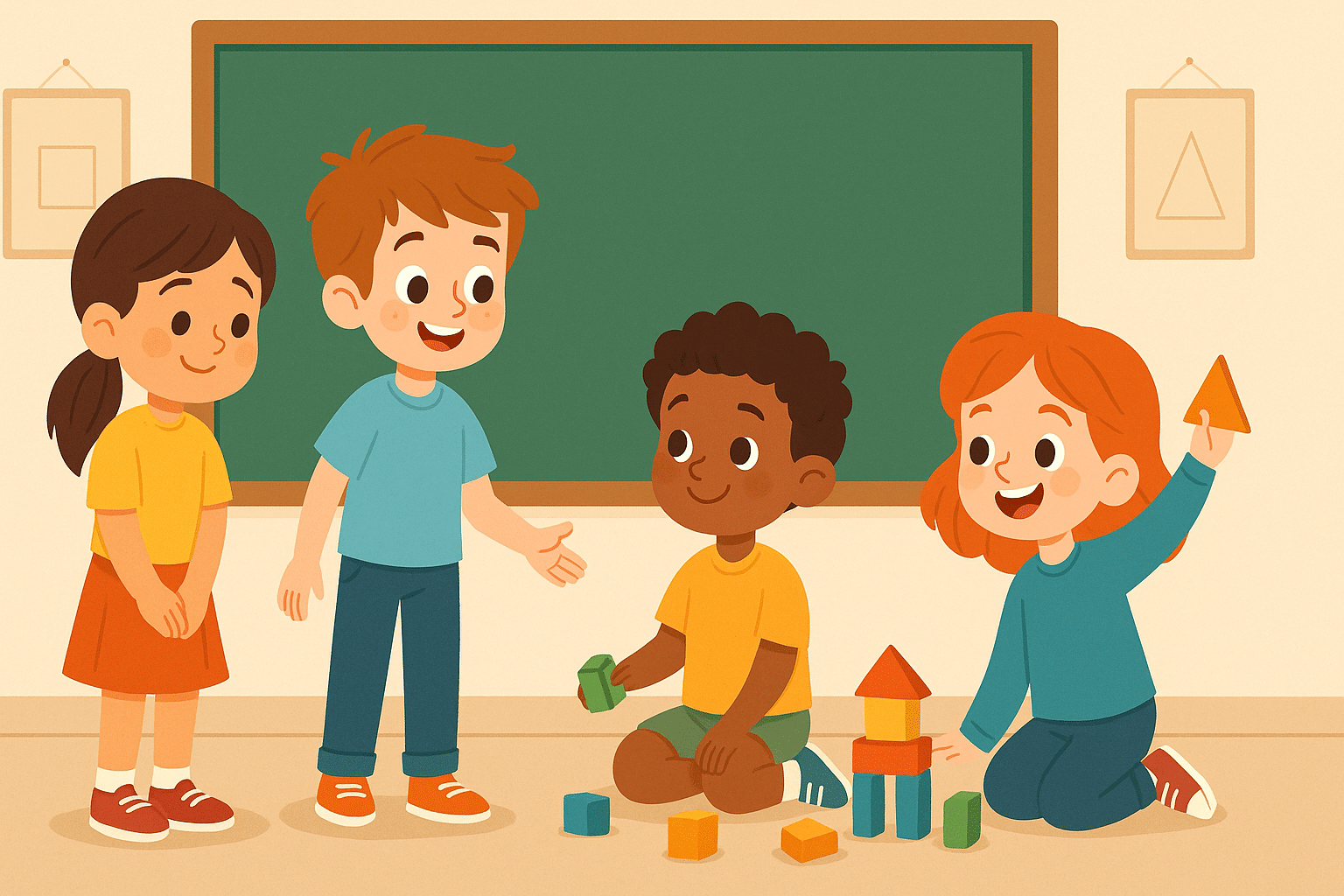
Kids need a strong set of social skills to grow, make friends, and handle daily situations. These skills work together to help children connect with others and build confidence in every setting.
- Communication: Listening carefully, making eye contact, and joining conversations are key parts of communication. These skills help kids share ideas and understand others.
- Listening: Read short stories or give simple instructions and let your child practice following along to build focus and social awareness.
- Cooperation and Teamwork: Working with classmates, taking turns, and sharing builds trust. Teamwork teaches kids that everyone’s effort matters.
- Understanding: Helps children recognize emotions and see things from another person’s perspective. This builds empathy and makes it easier to connect with others.
- Kindness: Strengthens friendships and teaches kids to respond with care, especially during difficult moments.
- Conflict Resolution and Problem-Solving: Learning to stay calm, use words, and find solutions keeps conflicts from turning into fights.
- Patience: Learning to wait their turn teaches kids self-control and helps group activities run smoothly.
- Manners: Using polite words like “please” and “thank you” shows respect and makes social interactions positive.
- Following rules: Respecting group rules helps children feel included and makes them easier to get along with.
These skills lay the foundation for school success, friendships, and positive behavior at home.
Building Social Skills: Activities for Kids
Kids learn best when learning feels like play. Fun activities give them a safe space to practice skills like sharing, patience, and empathy while enjoying time with others.
| Activity | Description | Skills Practiced |
|---|---|---|
| Playdate Ideas | Plan small group playdates with activities like blocks, crafts, or outdoor games. | Sharing, turn-taking, cooperation |
| Board Games that Teach Cooperation | Games like Candy Land or Chutes and Ladders encourage patience and rule-following. | Patience, teamwork, and following rules |
| Role-Playing Exercises | Act out situations such as asking to join a game or solving disagreements. | Communication, problem-solving, empathy |
| “Feelings Game” | Kids act out different emotions while others guess, teaching them to read social cues. | Emotional awareness, expression |
| Printable Worksheets & Checklists | Guides kids through scenarios like greeting someone new; adds structure to practice. | Communication, manners, confidence |
Activities like these make social learning enjoyable and practical. With regular play and guidance, children can turn these moments into lasting skills.
How to Teach Social Skills
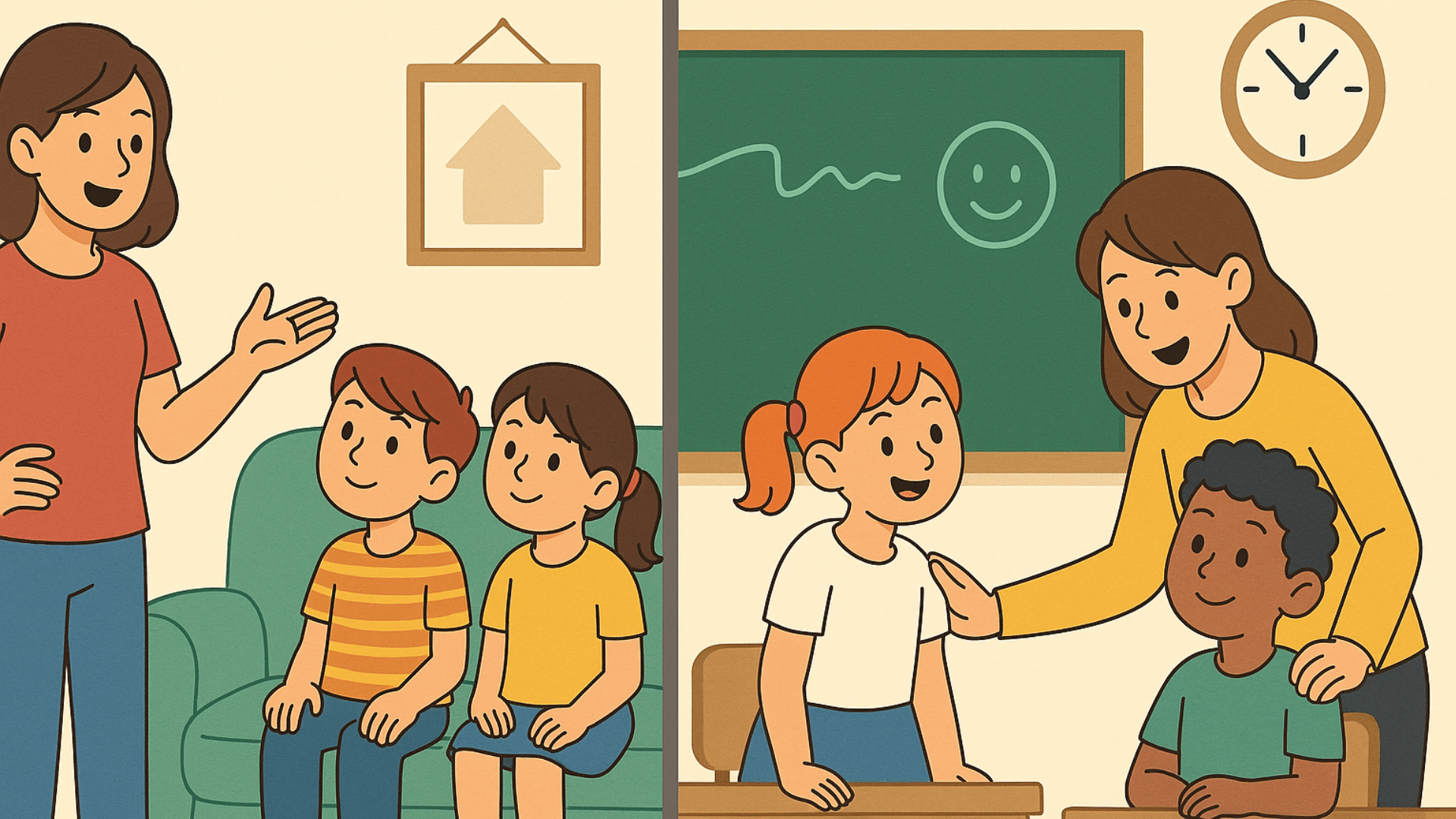
Kids learn social skills best through daily practice and guidance. Both parents and teachers play an important role, and the methods may look a little different at home and in the classroom.
Teaching at Home
- Role Modeling: Children copy what they see. Show respect, listen carefully, and use polite words in everyday life.
- Family Games & Role-Play Scenarios: Play board games or act out situations like asking to join a game. These give kids safe ways to practice.
- Discussing Emotions and Problem-Solving: Talk about feelings when challenges come up. Ask, “How do you think your friend felt?” or “What can we do next time?”
- Praising Positive Behaviors: Notice when kids share or take turns. Simple praise like “I like how you waited” builds confidence.
Teaching in the Classroom
- Group Activities and Team Projects: Working in groups teaches cooperation and lets students see the value of teamwork.
- Role-Play and Social Stories: Practicing scenarios such as greeting a new classmate helps children prepare for real-life moments.
- Setting Clear Expectations and Rules: Simple classroom rules guide students on how to act with respect and kindness.
- Encouraging Peer Mentoring: Pairing older or more skilled students with younger ones gives kids a chance to learn from each other.
When home and school approach work together, children develop stronger social skills that carry into every part of life.
Age-by-Age Guide for Developing Social Skills
Social skills for kids grow step by step as they move through different stages. Each age group has unique needs, and knowing what to focus on helps parents and teachers give the right support.
| Age Group | Key Focus Areas | Examples of Skills Learned |
|---|---|---|
| Preschool | Beginning to play with others |
Sharing toys to build early friendships, taking turns to practice patience, and simple play activities for cooperation. |
| Elementary School | Working and getting along in larger groups | Building lasting friendships, cooperating in class projects and teamwork, and following rules to feel part of the group. |
| Pre-Teens & Teens | Preparing for complex relationships | Understanding different perspectives, practicing conflict resolution, and building trust and responsibility through independence. |
Common Challenges You May Encounter
Not every child develops social skills at the same pace. Some need extra support to feel comfortable in social situations.
Shyness can make it harder to join group play or build friendships. Interrupting and poor listening cause problems, too, as kids may talk over others or miss what’s being said.
Sharing and cooperation are also common struggles. Waiting for a turn or working in groups often leads to conflict.
If these challenges affect a child’s ability to make friends or do well in school, it may help to seek support from a teacher, counselor, or therapist. With practice and guidance, most children improve over time.
Supporting Neurodiverse Kids
Children with autism, ADHD, or anxiety may need extra support to build social skills. With the right strategies, they can practice and grow in a way that feels safe and manageable.
- Use Visuals: Pictures, charts, or social stories make abstract skills easier to understand. Visuals give kids clear steps they can follow.
- Set Clear Routines: Daily routines reduce stress and help children know what to expect. Predictable schedules create a sense of security.
- Practice in Small Steps: Break social tasks into smaller parts, such as greeting someone or asking one question. This makes practice more manageable.
- Provide Structured Support: Guided role-play, coaching, or small group sessions create safe spaces for learning.
With patience and consistency, these strategies help neurodiverse kids build confidence and connect with others in meaningful ways.
Additional Resources for Parents and Teachers
Parents and teachers can use extra tools to guide kids as they practice social skills activities . These resources provide fresh ideas, simple activities, and easy ways to support learning at home or in the classroom.
Books
- How to Be a Friendby Laurie Krasny Brown is a picture book that teaches friendship basics.
- The Invisible Boy by Trudy Ludwig helps kids understand empathy and inclusion.
Online Programs and Worksheets
- Social Skills Activities from Teachers Pay Teachers (TPT).
- Worksheets and lessons from Mylemarks.com, focused on cooperation and communication.
YouTube Channels
- PBS Kids for Parents videos on kindness, sharing, and empathy.
- Mylemark’s animations about social situations and problem-solving.
- Mental Health Center Kids’quick tips on manners, listening, and friendship skills.
Apps
- Peppy Pals teaches empathy and social awareness through stories and games.
- Social Adventures are designed for practicing turn-taking, conversation, and cooperation.
- Zones of Regulation helps kids recognize and manage emotions.
You can get these apps from the Apple App Store or the Google Play Store.
Using these resources alongside daily practice creates more chances for kids to build skills and apply them in real life.
Conclusion
Social skills for kids are essential for building friendships, working well with others, and handling challenges in daily life.
These skills support learning, improve confidence, and improve emotional health. With guidance from parents and teachers, children can practice through play, routines, and positive role models.
Step by step, kids learn to listen, cooperate, and show kindness skills that will serve them through school and into adulthood.
Remember, progress comes with practice and patience. Every small effort helps children grow stronger in their ability to connect with others.
Want more practical guidance? Read my other blogs on parenting, child development, and learning strategies to learn more tips you can use every day.
Frequently Asked Questions
When should I worry about my child’s social skills?
If your child struggles to make friends, avoids group play, or feels stressed in social situations, talk to a teacher, counselor, or therapist for guidance.
What are some signs of poor social skills in kids?
Some signs include avoiding eye contact, interrupting often, struggling to make or keep friends, and not understanding personal space.
Can children with learning differences build strong social skills?
Yes. With patience, visuals, structured practice, and support from adults, children with autism, ADHD, or anxiety can develop strong social connections.


